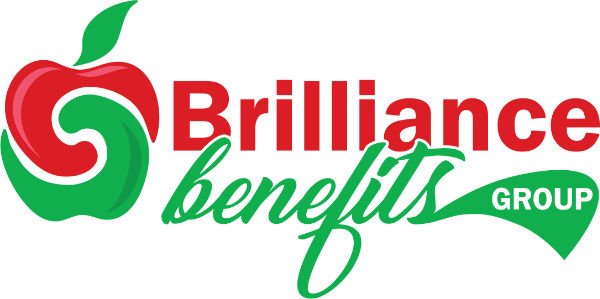Anyone who has lost a job has probably seen COBRA options presented to them to preserve health insurance benefits. Sometimes it’s even paperwork that comes alongside unemployment materials.
When we talk to folks, a lot of them are surprised by how expensive COBRA seems.
This is because it’s the full cost of the insurance program you were a part of, including the portion your employer had been covering before. Then, there is usually a 10% fee added to the price because you are not formally a part of that group plan anymore.
If you’re in this scenario, we urge you to speak with an experience health insurance agent. There are a variety of options — both on the health marketplace and elsewhere — that are likely to be more affordable than opting for COBRA.
Alternatives to COBRA You Can Explore:
Healthcare Marketplace (ACA) Plans
Depending on your income, you may qualify for subsidies or tax credits that can significantly lower your monthly premiums. These plans also cover essential health benefits like doctor visits, hospital care, and prescriptions. Working with a health insurance agent can be advantageous for finding the most ideal mix of benefits and pricing for you.
Medicaid
Medicaid is a state and federal program offering free or low-cost health insurance to people with limited income and resources. Eligibility is based on household size and income level, and in many states, you may qualify even if you’re unemployed. It provides comprehensive coverage, including doctor visits, hospital stays, and prescriptions.
Health Sharing Programs
These are not insurance per se, but community-based programs where members contribute to a shared fund used to pay medical expenses for others in the group. They’re often faith-based and can be more affordable than traditional insurance, but they may have restrictions on what they cover and lack regulatory oversight.
Each of these options provides a potential alternative to COBRA, and the right choice depends on your personal needs, budget, and eligibility. A health insurance agent can help you explore these in detail to find the best fit.
Short Term Health Insurance
These plans are designed to provide temporary coverage and are typically more affordable than COBRA or Marketplace plans. However, they often have limited benefits, higher deductibles, and may not cover pre-existing conditions. They’re best used as a short-term solution while seeking more permanent coverage.
Call our team today to explore your options!
COBRA Timelines
You must elect to enroll in COBRA within 60 days of losing your job. This can add to an already stressful situation, but rest assured that 60 days is plenty of time to find alternatives.
If you’re actively within this timeline, reach out to a health insurance agency to explore your options. We can help.
COBRA Related FAQ
Can I switch from COBRA to a Marketplace plan later?”
Yes, but only during a Marketplace open enrollment period or if you qualify for a special enrollment period.
How long does COBRA insurance last?
COBRA coverage typically lasts up to 18 months after job loss. However, it can be extended to 36 months in certain situations, such as for dependents or in cases of disability.
Does COBRA provide the same coverage as when I had my previous job?
Yes, COBRA provides the same coverage as your previous employer-sponsored plan, including prescription drugs, doctor visits, and hospital care. However, the plan terms won’t change to accommodate your new financial situation.
Can I cancel COBRA early if I don’t need it anymore?
Yes, you can drop COBRA coverage at any time. Be sure to have other coverage in place other coverage before canceling, though.

